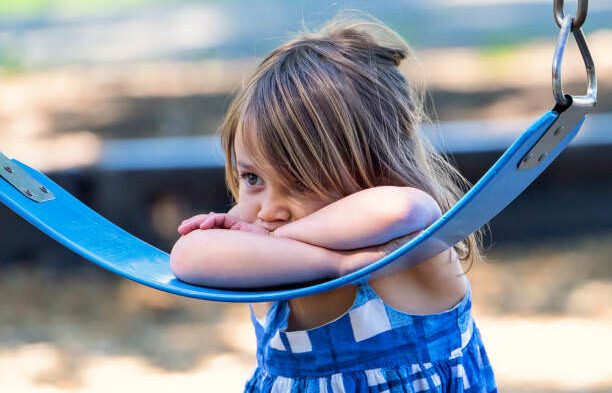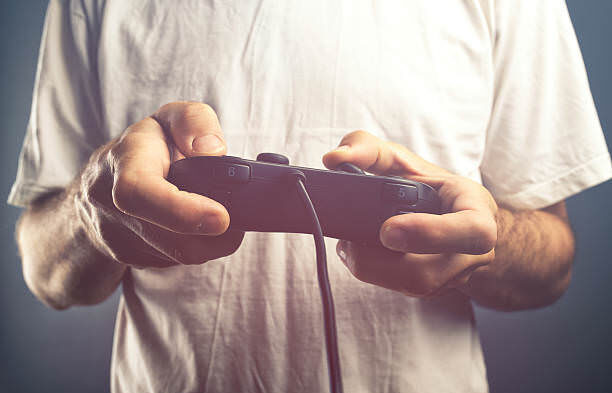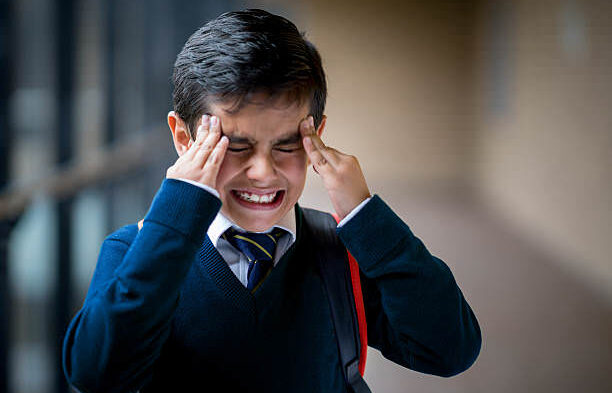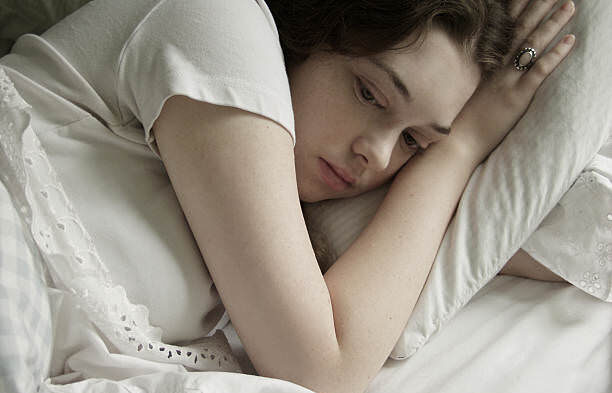Can you understand the teenage mind?
February 14, 2015 Comments Off on Can you understand the teenage mind?Read moreShe is passionate, for example, about the madness of an 8.30/9 am school start time. ‘It’s the middle of the night for a teenager!’ she says. Teenagers release melatonin (the sleepy hormone) a couple of hours later in the day than adults and so are able to stay up later, but then they need more sleep in the morning. ‘It’s like getting us up at 5.30 am,’ Blakemore elaborates.









